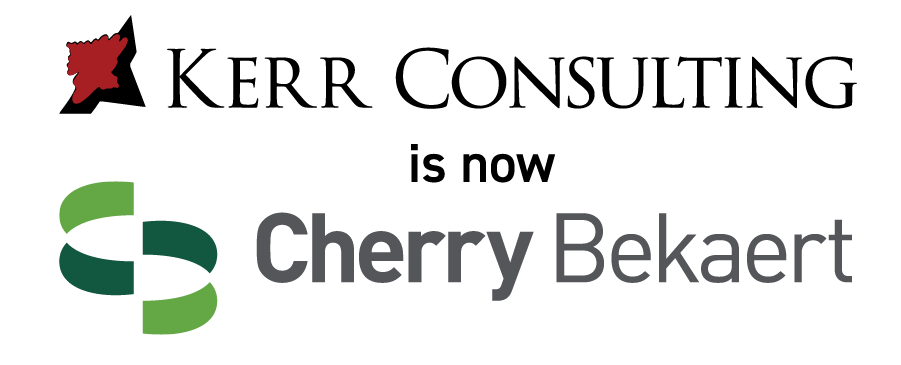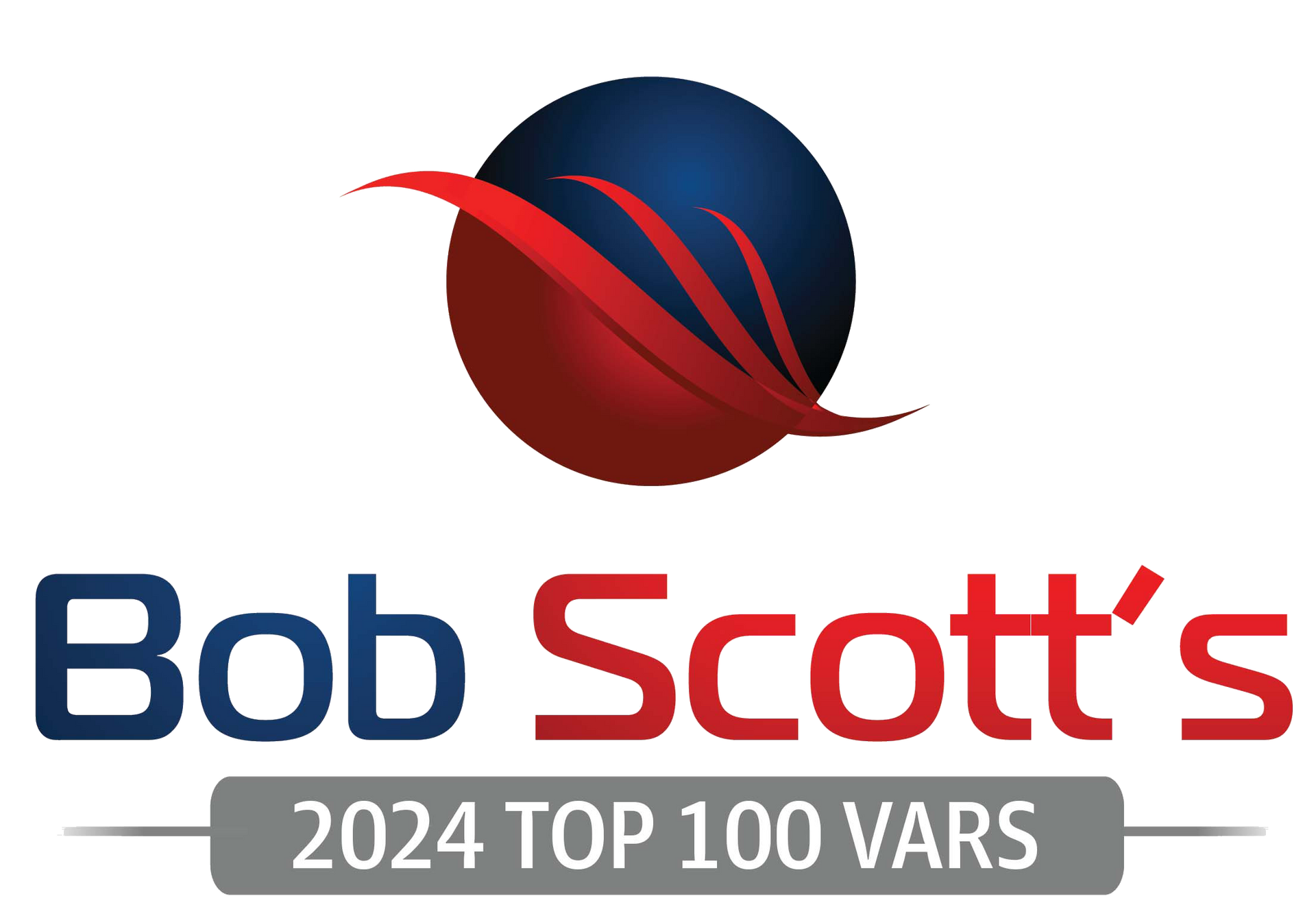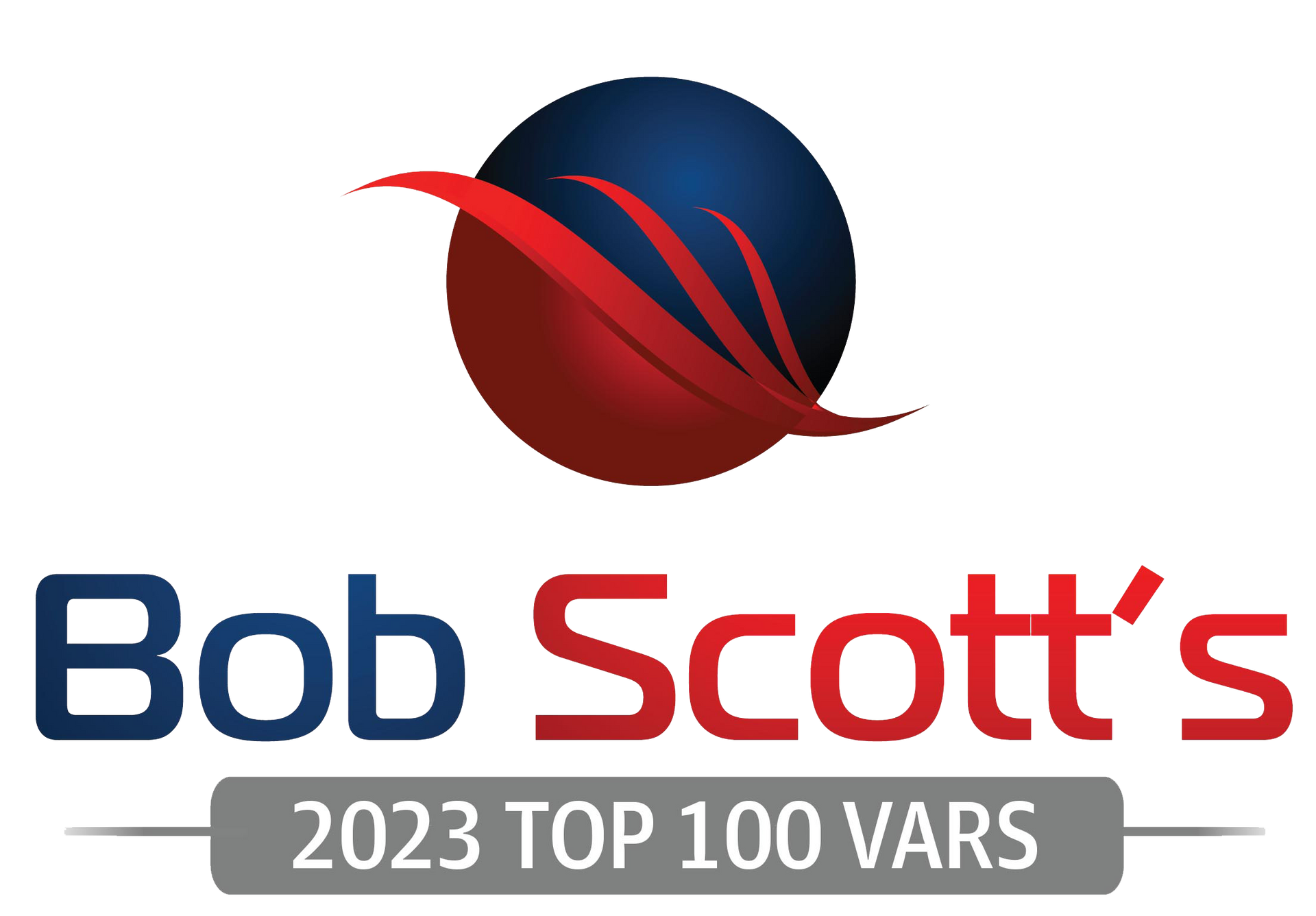Construction Accounting Software

In the fast-paced world of construction, accurate accounting plays a pivotal role in the success of projects and overall financial management. Every dollar needs to be accounted for, budgets need to be adhered to, and profitability must be maximized. That's where construction accounting software comes into play, revolutionizing the way construction companies handle their finances. With advanced features and specialized functionality, this software streamlines accounting processes, eliminates errors, and empowers construction professionals to make informed financial decisions. In this article, we will explore the unique aspects of construction accounting, the challenges faced by construction companies, and the indispensable benefits of implementing construction accounting software. Let's embark on a journey towards efficient financial management and enhanced project success.
Understanding Construction Accounting
Construction accounting is unlike any other form of accounting due to the industry's distinctive characteristics. Construction companies face the complex task of managing finances across multiple projects, tracking costs, and ensuring compliance with various regulations. Additionally, factors such as project-based accounting, progress billing, and subcontractor management add further layers of complexity.
One of the major challenges in construction accounting is the need for accurate and timely cost tracking. Construction projects involve numerous expenses, including labor, materials, subcontractor costs, and equipment rentals. Without a robust accounting system tailored to the construction industry, managing and reconciling these costs becomes a daunting task.
This is where specialized construction accounting software proves invaluable. Designed to address the specific needs of construction companies, this software integrates financial management, project accounting, and reporting functionalities. By automating processes and centralizing data, construction accounting software provides real-time visibility into project financials, enabling proactive decision-making and improving overall financial control.
Benefits of Construction Accounting Software
Implementing construction accounting software offers a wide range of benefits that contribute to the success of construction companies. Let's explore some of these key advantages:
Improved Accuracy and Reduced Errors: Construction accounting software eliminates manual data entry and minimizes the risk of errors. Automated calculations and real-time tracking ensure accuracy throughout the accounting process, from cost allocation to invoicing and financial reporting.
Enhanced Financial Management: Construction accounting software provides comprehensive financial management tools tailored to the industry's needs. It enables efficient budgeting, precise cost control, and cash flow management. With accurate and up-to-date financial data, construction professionals can make informed decisions to optimize project profitability.
Streamlined Project Profitability Analysis: Understanding project profitability is vital for construction companies. Accounting software designed for construction offers detailed project cost tracking and analysis. By capturing costs at the project level, including labor, materials, and subcontractor expenses, it becomes easier to evaluate project profitability, identify areas for improvement, and make data-driven decisions.
Time and Cost Savings through Automation: Manual accounting processes are time-consuming and prone to errors. Construction accounting software automates tasks such as invoicing, payroll, and financial reporting, saving valuable time and reducing administrative burdens. Additionally, integration with other construction management systems, such as project management or estimating software, eliminates duplicate data entry and promotes data consistency across departments.
Efficient Compliance and Reporting: Construction accounting software simplifies compliance with industry-specific regulations and reporting requirements. It generates accurate financial statements, tracks tax obligations, and facilitates audit preparation. By ensuring compliance, construction companies can avoid penalties and maintain a strong financial standing.
Features and Functionality
Construction accounting software offers a wide range of features and functionalities tailored to the specific needs of the construction industry. Let's explore some essential components found in construction accounting software and how they help construction professionals manage finances effectively.
One key feature is the General Ledger module, which serves as the backbone of construction accounting software. It provides a centralized hub for recording and tracking financial transactions, ensuring accurate and up-to-date financial information. With the General Ledger, construction companies can easily manage accounts, track expenses, and generate financial reports.
Job Costing is another crucial module that allows construction professionals to track project-related costs accurately. It enables the allocation of expenses to specific jobs, providing real-time visibility into project profitability. Construction accounting software streamlines the process of tracking labor, materials, subcontractor costs, and other expenses, making it easier to analyze project performance and make informed decisions.
Payroll management is an integral part of construction accounting software, ensuring accurate and timely payment to employees. It automates the calculation of wages, deductions, and taxes, while also providing compliance with labor regulations. With payroll functionality, construction companies can efficiently manage employee records, track time and attendance, and generate payroll reports.
Accounts Payable and Accounts Receivable modules are essential for managing the financial aspects of supplier and customer transactions. Construction accounting software simplifies invoice management, tracks payments, and provides insights into outstanding balances. It enables efficient management of payables and receivables, improving cash flow management and ensuring timely payments and collections.
Leading construction accounting software solutions often offer unique and industry-specific functionalities. These may include features such as change order management, subcontractor management, equipment tracking, or integrated project management capabilities. These specialized functionalities cater to the unique needs of the construction industry, providing comprehensive tools to manage construction-specific financial processes.
The Impact of Cloud-Based Construction Accounting Software
Cloud-based construction accounting software has revolutionized the way construction companies manage their finances. By leveraging the power of the cloud, construction professionals can access their accounting data anytime, anywhere, with secure and reliable data storage. This eliminates the need for on-premises servers and provides scalability, allowing businesses to easily accommodate growth. Cloud-based solutions also offer seamless collaboration and real-time data sharing among team members, enhancing communication and efficiency. With the cloud, construction companies can experience increased flexibility, mobility, and cost savings while enjoying the robust features of construction accounting software.
Integration with Other Construction Management Systems
One of the significant advantages of construction accounting software is its ability to integrate with other construction management systems. Whether it's project management software, estimating tools, or document management systems, integration ensures smooth data flow and eliminates the need for manual data entry. By integrating different systems, construction professionals can streamline processes, maintain data consistency across departments, and improve overall operational efficiency. For example, integration between accounting software and project management software enables seamless transfer of project cost data, simplifying project tracking and reporting. Construction accounting software's compatibility and integration capabilities play a crucial role in enhancing the effectiveness of financial management in the construction industry.
Choosing the Right Construction Accounting Software
Selecting the right construction accounting software is crucial for optimizing financial management. Consider the following factors when evaluating different software options:
- Scalability: Ensure that the software can accommodate your company's growth and handle the increasing volume of projects and financial transactions.
- Compatibility: Check if the software integrates with other systems you use, such as project management or estimating software, to streamline data flow and avoid duplicate entry.
- Ease of Use: Choose user-friendly software that minimizes the learning curve and allows your team to quickly adapt and utilize its features effectively.
- Reporting Capabilities: Look for robust reporting features that provide customizable financial reports, project analysis, and key performance indicators. These reports enable informed decision-making and help monitor project profitability.
- Customer Support: Consider the level of customer support provided by the software vendor. Responsive and knowledgeable support can be invaluable when you encounter issues or require assistance.
Evaluate different software options by requesting demos, reading customer reviews, and seeking recommendations from industry peers. By carefully considering these factors, you can make an informed decision and select the construction accounting software that best suits your company's needs.
Security and Data Privacy Measures
Data security and privacy are paramount considerations when selecting construction accounting software. Construction companies handle sensitive financial information, and protecting this data is of utmost importance. Reputable construction accounting software vendors prioritize security measures such as encryption, firewalls, and regular data backups. They also comply with industry standards and regulations to ensure data privacy and maintain the confidentiality of financial information. When evaluating different software options, it is essential to inquire about the security protocols in place and confirm that the software meets industry security standards. By choosing a secure and reliable construction accounting software solution, construction companies can have peace of mind knowing that their financial data is protected.
Training and Support Services
To maximize the benefits of construction accounting software, it is crucial to consider the training and support services provided by the software vendor. Comprehensive training ensures that users understand the software's features and functionalities and can utilize them effectively. Look for vendors that offer training resources, including user manuals, video tutorials, and online support. Additionally, prompt and responsive customer support is essential when users encounter technical issues or have questions. A software vendor with a dedicated support team that can provide assistance and address concerns in a timely manner is invaluable. Considering the training and support services available helps ensure a smooth implementation and ongoing utilization of the construction accounting software.
Real-World Examples and Case Studies
Numerous construction companies have already witnessed the transformative impact of implementing construction accounting software. For example, XYZ Construction Company faced challenges in accurately tracking project costs and managing their complex financial processes. By adopting construction accounting software, they streamlined their accounting operations, gained real-time visibility into project financials, and improved cost control. As a result, they were able to optimize project profitability and enhance overall financial management.
Another success story is ABC Builders, who struggled with manual invoicing processes and limited financial reporting capabilities. After implementing construction accounting software, they experienced significant time savings through automated invoicing, improved cash flow management, and generated detailed financial reports. This enabled them to make informed decisions, strengthen client relationships, and achieve sustainable growth.
These real-world examples demonstrate how construction accounting software has positively impacted financial management and business operations. By embracing technology and leveraging the benefits of construction accounting software, construction companies can unlock their full potential and achieve greater success.
Conclusion
In conclusion, construction accounting software is a game-changer for construction companies seeking efficient financial management. With its essential features such as General Ledger, Job Costing, Payroll, and Accounts Payable/Receivable, this software streamlines accounting processes and provides real-time visibility into project financials. By selecting the right software solution based on factors like scalability, compatibility, ease of use, reporting capabilities, and customer support, construction companies can optimize financial management, improve profitability, and drive business growth. It's time to explore the various software options available and embrace the transformative benefits that construction accounting software offers.
Construction accounting software has emerged as a game-changer in the industry, revolutionizing the way construction companies manage their finances. By understanding the unique aspects of construction accounting, acknowledging the challenges faced, and embracing the benefits of specialized software, construction professionals can enhance accuracy, streamline processes, and make informed financial decisions. Implementing construction accounting software is a transformative step towards efficient financial management and project success in the dynamic world of construction.
Request a Free Quote for Sage Construction Accounting Software
Whether you want to know more about the price or why Sage is the best accounting software for contractors, you should reach out to Kerr Consulting right away. We are a Sage Partner, so you can trust that we know all about the different tools, features, and pricing. In fact, our experienced consultants are more than happy to provide you with more information based on your business.
If you would like to get in touch with our experts, you can simply give us a call at our local office. We can discuss your questions over the phone, or you can schedule an in-person consultation with one of our helpful consultants. We also make it easy to submit our online form if you have specific questions or want a quote.








